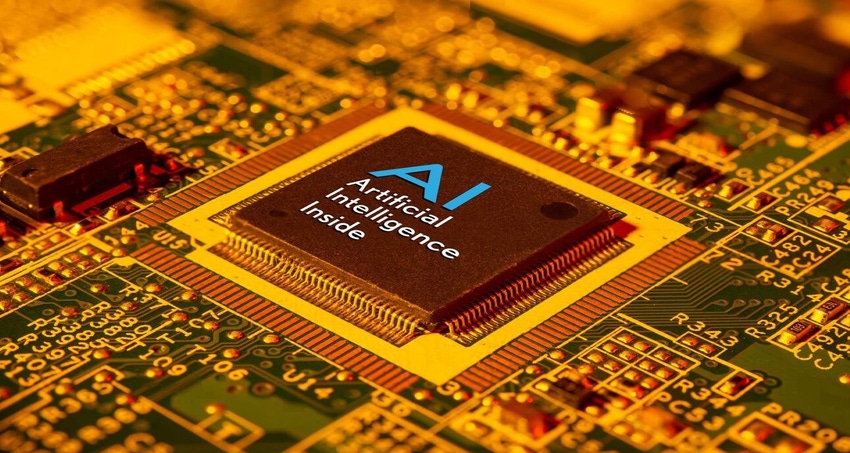Report Says Engineers Bullish On Developing Chips For AI IoT Apps
Survey respondents confident cost and technical issues will be overcome as more on-chip processors emerge for AI-compatible applications.

The buzz around AI (artificial intelligence) over the past few years was its potential to be a disruptive technology for many IoT applications ranging from Smart Homes to industrial applications to aerospace. That potential is just starting to be realized, according to a survey of over 100 electronics engineers by processor company XMOS.
The company’s third annual “Edge of Now” report found that 64% will launch a device within six months to support AI. The same percentage said their product ranges will have the processing power to support the AIoT in the next 2-3 years, and 26% said their entire product range will be compatible with AI.
AI and the IoT have for the most part been separate trends, but the report noted that the convergence of both technologies is driving many leading-edge applications where products with embedded processors can make intelligent decisions. In fact, the AIoT was considered a huge potential product differentiator by respondents, with over 63% of respondents saying greater product differentiation was a key priority in 2022.
For engineers, this means developing more chips with onboard processing capability. A high 70% of respondents said onboard processing was crucial to reaching this goal. Consumer technologies (43%) and Smart Home products (19%) were reported as the largest opportunities for the AIoT.
Challenges Being Solved
Two of the key issues facing engineers designing products for AI applications have been cost and power consumption. While neither problem has gone away, the survey found that engineers are more confident these issues will be resolved.
For instance, 24% of this year’s survey respondents see cost as a barrier to deploying higher on-device processing capabilities, compared to 48% in 2021 and 64% in 2020. Moreover, just 16% now see cost as a barrier to adopting AI in their products, and only 12% believe that IoT cost will prohibit product development.
In a similar vein, only 23% of respondents felt that power consumption was a limiting factor to increasing the onboard processing power in their products, compared to 53% last year and 65% two years ago. And, only 13% of respondents see power consumption as a barrier to adopting AI.
Even data security and autonomy, which was seen as a possible issue by 45% of respondents two years ago, is now considered a problem by just 14% of the surveyees.
In the near term, XMOS expects a surge of products in the next year or two with AI capabilities, with the key component being low-cost silicon processors that can be deployed in myriad applications.
Spencer Chin is a Senior Editor for Design News covering the electronics beat. He has many years of experience covering developments in components, semiconductors, subsystems, power, and other facets of electronics from both a business/supply-chain and technology perspective. He can be reached at [email protected].
About the Author(s)
You May Also Like





